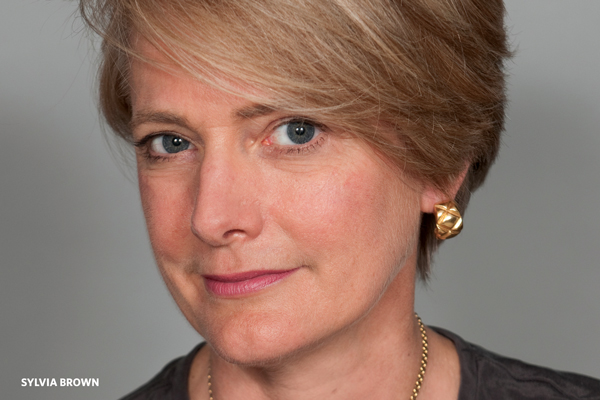Not since Nelson Aldrich Jr. penned Old Money: The Mythology of Wealth in America some 20 years ago has an heir to an American fortune examined so closely the relationship between money and meaning as Sylvia Brown has in her recent book, Grappling with Legacy.
Aldrich is a member of the Rockefeller clan. Brown is an 11th-generation heir of the famous Rhode Island family for which Brown University is named.
Yet where Aldrich explained upper-class culture and values, Brown, whose book was released last year, looks at the American philanthropic impulse while she traces her own family’s roots and wealth accumulation. And she asks an important question: whether self-interest, guilt or altruism guide charitable giving.
The answer, of course, is all three.
Most people want to know the rudimentary basis for their being. Who are we? Where do we come from? These are age-old questions. Perhaps that is why Ancestry.com and genetic testing company 23andMe are so popular. The curiosity is even the genesis of some Greek myths.
Brown’s book tells two stories, one of awe and one of shock, that prompted her 12-year journey investigating her own lineage, going back to 1638—when her ancestor Chad Browne boarded the ship Martin for Boston from England—and then following it to present day.
The Story Of Awe
One of her stories is about an auction she attended at Christie’s in New York in 1989. Her father’s antique desk was sold that day for $12.1 million to Robert Bass, the Texas oil tycoon. At the time, it was the most expensive piece of furniture ever sold in the world. Remarkably, the proceeds all went to Brown University. “I did my homework at that desk,” writes Brown.
She recalls how her father had donated the desk to the John Nicholas Brown Center for the Study of American Civilization, which was to put the desk up for auction and use the funds. It was a grand gesture. The enormous sum was enough to renovate the center and then some. Sylvia’s father, Nicholas Brown, could have even kept some of the proceeds for himself when he realized the desk was attracting high bidders. “No,” Sylvia quotes him as responding. “I have given my word. If the desk is attracting this kind of interest, so much the better for the center.”
A Tangled Legacy
April 2, 2018
« Previous Article
| Next Article »
Login in order to post a comment








